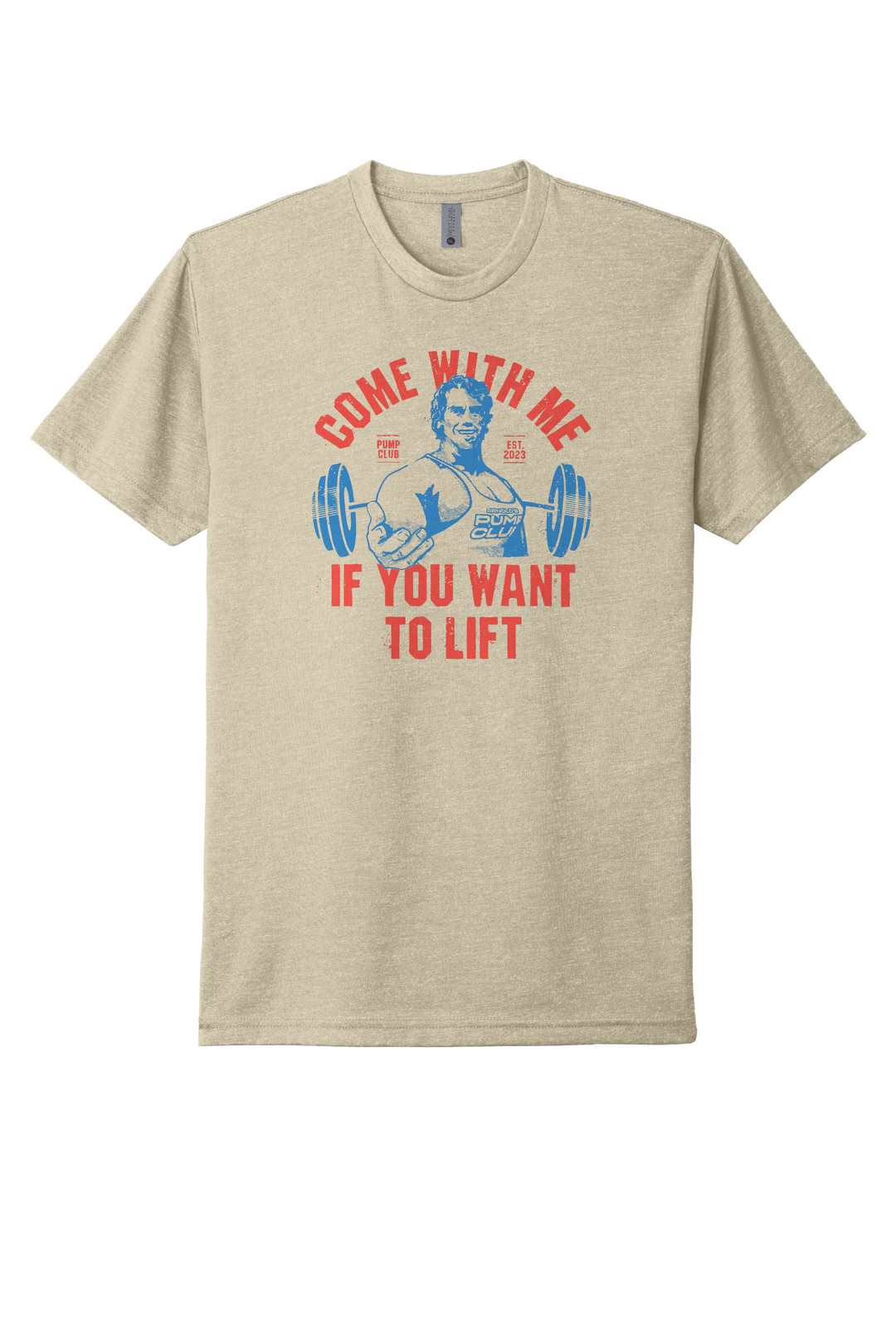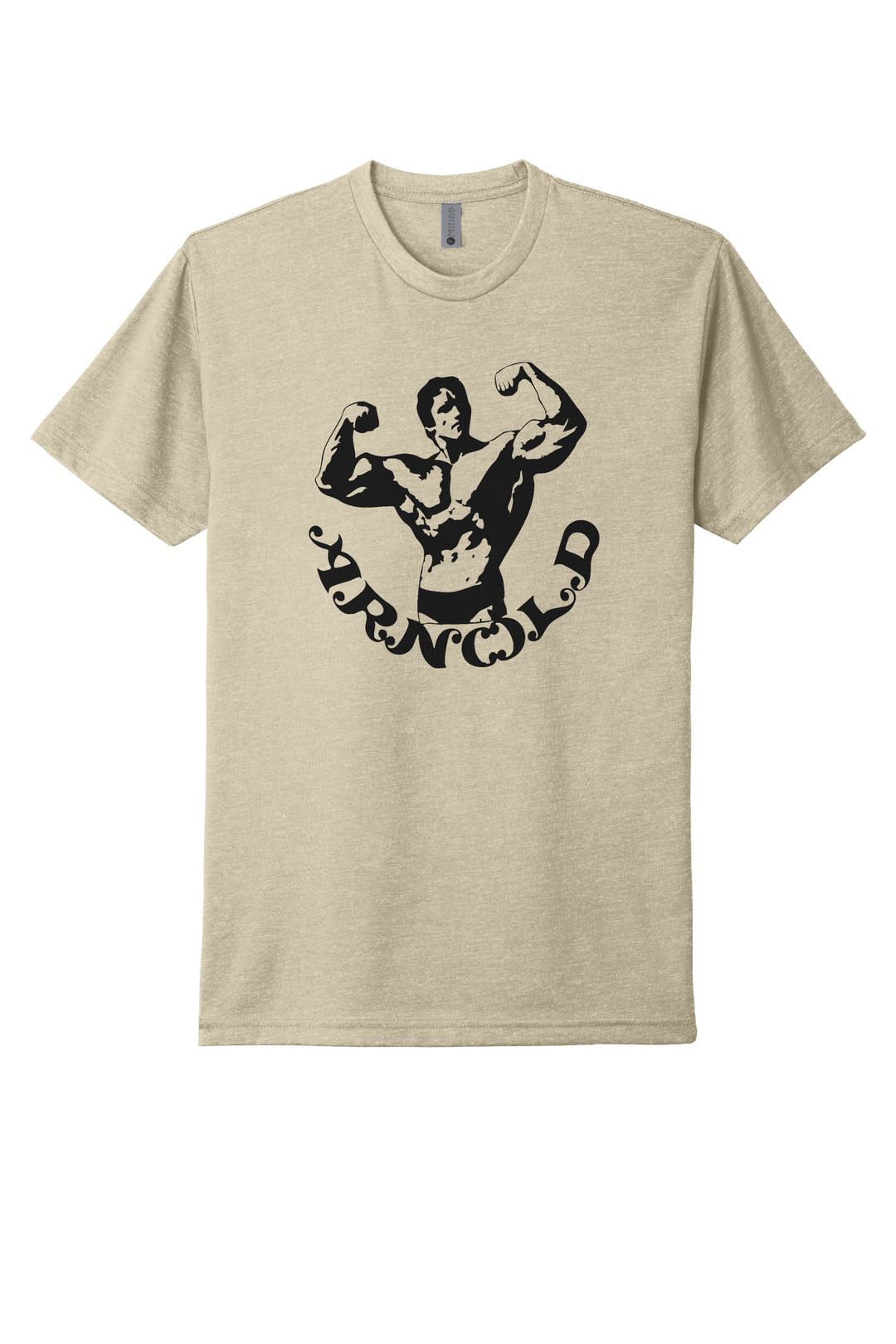Welcome to the positive corner of the internet. Every weekday, we make sense of the confusing world of wellness by analyzing the headlines, simplifying the latest research, and offering quick tips designed to make you healthier in less than 5 minutes. If you were forwarded this message, you can get the free daily email here.
Today’s Health Upgrade
Collagen confusion
Challenge the status quo
When faster recovery slows your gains
The depression prevention plan
Arnold’s Podcast
Want more stories from Arnold? Every day, Arnold’s Pump Club Podcast opens with a story, perspective, and wisdom from Arnold that you won’t find in the newsletter. And, you’ll hear a recap of the day’s items. You can subscribe on Apple, Spotify, Google, or wherever you listen to podcasts.
Nutrition
Collagen Confusion
Collagen is one of the fastest-growing supplements. But there’s something you need to know about the popular protein.
A new study found that a whey-collagen blend increased muscle protein synthesis—but the study is not what it appears.
The comparison wasn’t between whey and whey plus collagen. It was between the whey-collagen blend and water—meaning the effects likely came from the whey, not the collagen.
Whey is a complete protein, rich in leucine and known to spike muscle protein synthesis. Collagen, on the other hand, is an incomplete protein. It lacks essential amino acids (particularly tryptophan and methionine) and has consistently underperformed in studies when compared directly to whey for muscle-building.
One meta-analysis even concluded that collagen is “inferior to high-quality proteins like whey for supporting resistance training adaptations.”
So why does this study matter? It reminds us that context matters. A supplement can look effective compared to nothing, but that doesn’t mean it’s better than other options.
Collagen might have some benefits for skin, joints, and possibly connective tissue. But if your goal is building or maintaining muscle, stick with complete proteins like whey, casein, soy, or a well-formulated plant-based blend.
Together With Brex
Challenge The Status Quo
At Arnold’s Pump Club, we don’t believe in the myth of the self-made man. Not because people don’t work hard, but because no one builds anything great alone. We all stand on the shoulders of giants.
Arnold never forgets that. When he arrived in America with nothing but a dream and an accent, it was the people who believed in him, gave him a shot, and helped him rise.
That’s why we love Brex.
The founders of Brex know what it means to start from scratch. As immigrant entrepreneurs, they saw how traditional finance forced founders to choose — move fast or stay in control. So they built something better.
Brex challenges the status quo by breaking that tradeoff.
This isn’t just a modern finance platform. It’s a launchpad for founders, operators, and finance leaders who refuse to compromise — who want the speed to scale and the discipline to sustain it.
Instant Approval: No more red tape. Get a corporate card with high limits — fast.
Smarter Spending: Brex’s integrated software helps your team stay focused on growth, not spreadsheets.
Built for Startups: Brex understands what early-stage companies need — because they’ve lived it.
High performance isn’t about burning out — it’s about moving fast and spending smart. The best teams don’t settle for the old way of doing things. They automate the busywork, take control of spend, and stay focused on what matters: building.
With Brex, you get up to 20x higher card limits, powerful rewards, and a finance stack that scales with you — no tradeoffs required.
If you're creating the future, don’t let the past slow you down. Brex clears the way.
You’ve already done the hard work to build your foundation. Now go full performance mode.
Brex eliminates 60% of manual finance tasks, enabling your team to spend smarter, move faster, and grow with confidence. Check out brex.com/grow to get started.
Join the platform trusted by the fastest-growing companies — and the founders redefining what’s possible.
Recovery
When Faster Recovery Slows Your Gains
What if something you do after your workout is holding back your results?
A new study found that post-exercise cooling—like ice baths—might reduce how well your muscles recover and grow after training.
Researchers had active adults complete resistance exercise followed by either a passive recovery or a cold water immersion. One leg went into an ice bath, and the other into room-temperature water. To understand how muscles responded to each condition, the participants took 20 grams of amino acids, and the scientists tracked how well the body was incorporating those amino acids into muscle tissue.
Cooling your muscles immediately after exercise lowered blood flow by nearly 70 percent, reduced the delivery of amino acids to muscle by 30 percent, and slowed overall nutrient delivery for more than 3 hours.
The researchers believe the reduced blood flow limits how effectively amino acids reach the muscle, and that cooling may impair the inflammatory and cellular responses that are part of the natural recovery and adaptation process.
In other words, the very thing that might reduce soreness could be limiting your gains.
While cold exposure may have benefits (like helping athletes bounce back from back-to-back training sessions), this study suggests that cooling down immediately after a workout might not be ideal if your goal is long-term muscle growth.
It’s worth mentioning that the cold water therapy was done for 20 minutes at 46 degrees Fahrenheit (8 degrees Celsius).
So, if your ice bath is shorter (or colder), it’s hard to say how much it will affect muscle growth, but this isn’t the first study to suggest that a little cryo treatment immediately after a workout is not ideal. And if you do use cold therapy, wait a few hours post-exercise to avoid disrupting the muscle repair process.
Mental Health
The Depression Prevention Plan
If you’re serious about your mental health, even small amounts of physical activity could be a critical part of protecting your brain.
A meta-analysis of nearly 200,000 people across 15 studies found that aerobic exercise can help reduce the risk of suffering from depression.
While association and observation studies require a grain of salt, this review was so big — and the results so meaningful — that it’s worth your consideration.
The researchers found that 2.5 hours of walking per week was linked to an 18 percent lower risk of depression. And even those who did half that amount still experienced a significantly lower likelihood of battling mental health issues.
The researchers believe the benefits come from several biological and psychological effects: physical activity reduces inflammation, improves brain function, and increases social interaction and self-esteem—all factors linked to a lower risk of depression.
What's truly exciting is that this mental health benefit applies to all types of physical activity. Walking, running, swimming, lifting weights — your brain doesn't care what you do, just that you move your body regularly.
The scientists estimate that if people hit the minimum recommendation of 150 minutes per week of moderate activity, it could prevent 11.5 percent of all cases of depression.
If starting an exercise routine feels overwhelming, remember this: Even modest amounts of movement can make a meaningful difference. A daily 10 or 15-minute walk is enough to start shifting your mental health in a positive direction.
—
Publisher: Arnold Schwarzenegger
Editors-in-chief: Adam Bornstein and Daniel Ketchell






































